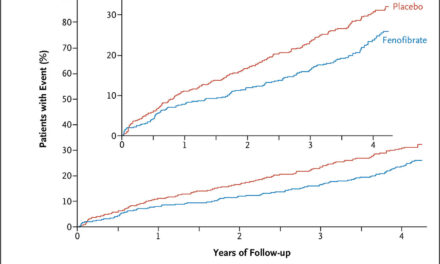
New York, NY – In a groundbreaking discovery, researchers from Weill Cornell Medicine have found that SARS-CoV-2, the virus responsible for causing Covid-19, can infect dopamine neurons in the brain, leading to cellular senescence—a condition where a cell loses the ability to grow and divide. Published in Cell Stem Cell, the study indicates potential links between SARS-CoV-2 infection and neurological symptoms associated with long Covid, such as brain fog, lethargy, and depression.
Dr. Shuibing Chen, director of the Center for Genomic Health at Weill Cornell Medicine, led the study, aiming to understand how various cell types in different organs respond to SARS-CoV-2 infection. Unexpectedly, the researchers found that only dopamine neurons exhibited activation of the senescence pathway.
“This was a completely unexpected result,” said Dr. Chen, explaining that the project initially explored the infection response in various cell types, including lung cells, heart cells, and pancreatic beta cells.
The study revealed that SARS-CoV-2 infection in dopamine neurons impairs their function, leading to the release of chemical signals that induce inflammation. These neurons typically produce dopamine, a neurotransmitter crucial for pleasure, motivation, memory, sleep, and movement. Notably, damage to dopamine neurons is linked to Parkinson’s disease.
While the clinical implications of these findings are still unclear, the researchers suggest that monitoring long Covid patients for an increased risk of developing Parkinson’s-related symptoms may be prudent.
“The infection rate of dopamine neurons isn’t as high as lung cells, the virus’s main target, but even a small population of infected cells can potentially have a severe effect,” noted Dr. Chen.
Interestingly, not all neuronal cell types were susceptible to SARS-CoV-2 infection. Cortical neurons, for instance, did not show vulnerability under identical experimental conditions.
To validate their observations, the researchers analyzed autopsy samples from Covid-19 patients, confirming that the gene signatures and unique patterns of gene activity in the infected lab-grown dopamine neurons matched those found in dopamine neurons from Covid autopsy samples.
In a promising development, the researchers identified three drugs—riluzole (used to treat ALS or Lou Gehrig’s disease), metformin (used to treat diabetes), and imatinib (used to treat cancer)—that effectively blocked SARS-CoV-2 infection and prevented dopamine neurons from undergoing senescence.
Further research on these drugs may pave the way for strategies to protect the brain from the virus’s impact. As the scientific community continues to unravel the complexities of Covid-19, this study marks a significant step toward understanding the virus’s effects on the brain and potential avenues for therapeutic intervention.











